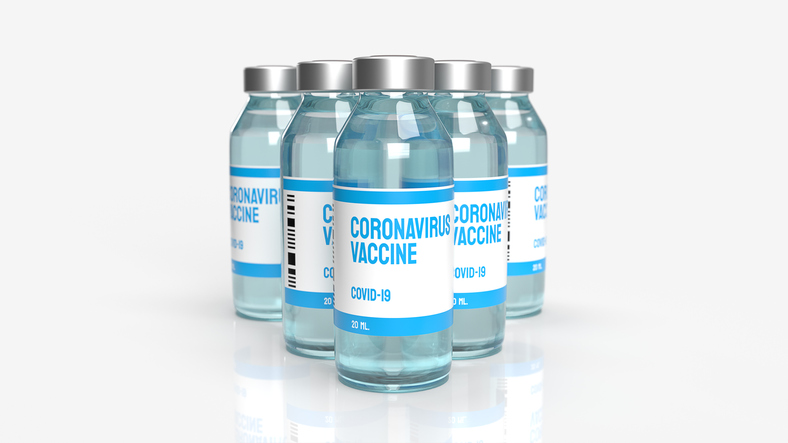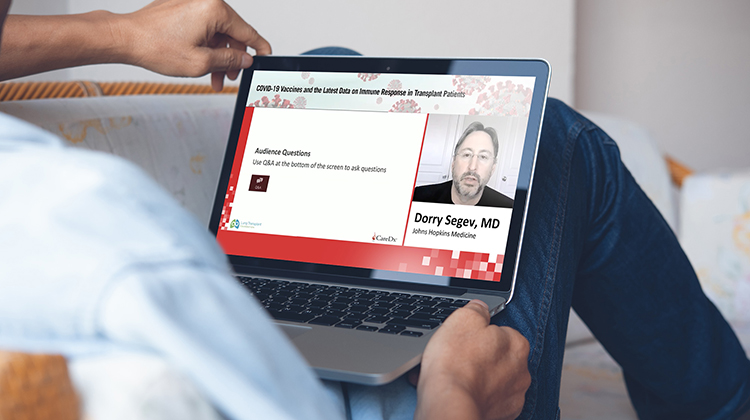3 Clark County women hope unvaccinated people stop and consider those who are at high risk of serious complications from COVID-19
“As people across the United States continue to flout the COVID-19 vaccine and cases of the delta variant surge, those living with compromised immune systems have a dire plea: consider the safety of others.
Jennifer Browning, Nicole Arneson and Laura Ellsworth are three friends living in Clark County who have all had kidney transplants. For them, life during the pandemic means strictly following the same COVID measures mandated for the general public before a vaccine ever became available.
“We don’t do the things that vaccinated people are doing and because we’ve been told by our medical providers that you need to continue to live as if you’ve been unvaccinated,” said Ellsworth.”
Watch the interview here.



